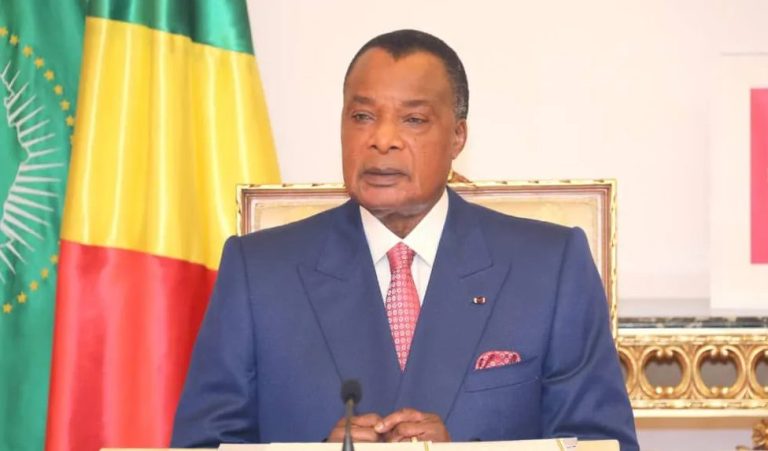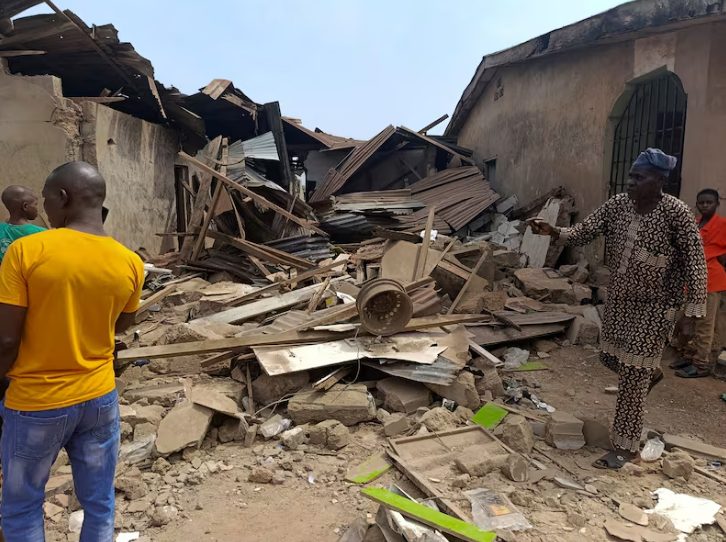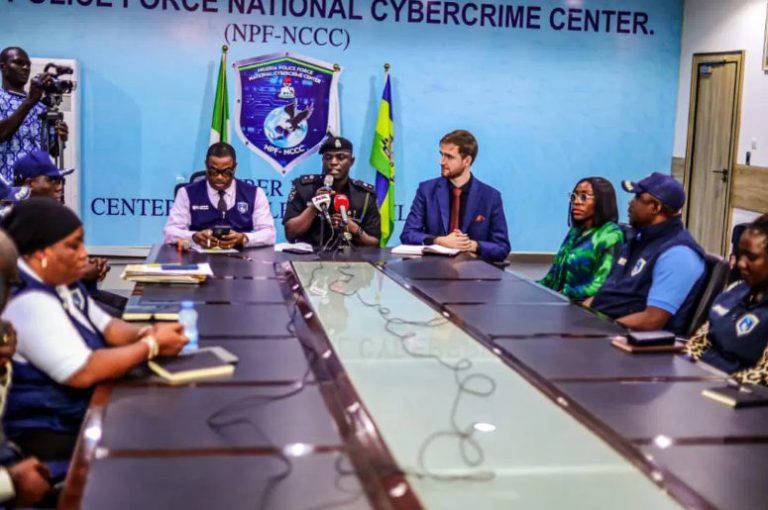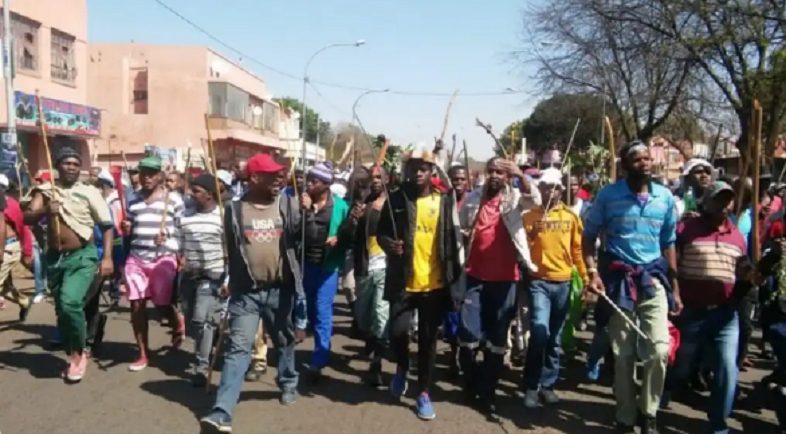
Tensions have flared across Côte d’Ivoire following President Alassane Ouattara’s announcement that he will seek a fourth term in the country’s upcoming presidential election scheduled for October 25.
The declaration has sparked widespread protests and condemnation from opposition figures and civil society groups, who view the move as a grave threat to the nation’s fragile democratic foundation.
Ouattara, 83, formally confirmed his candidacy on Tuesday, stating that both the Ivorian constitution and his health allow him to run again. He pointed to the country’s ongoing security, economic, and monetary challenges as justification, insisting that such difficult times require experienced leadership.
Côte d’Ivoire, the world’s largest cocoa producer and a key economic force in West Africa, now finds itself grappling with growing political unrest. In cities including Abidjan, demonstrators flooded the streets, chanting against what they call a “hijacking of democracy” while burning effigies of the president.
Many opposition supporters have long insisted that a fourth term for Ouattara violates the country’s constitution.
Tidjane Thiam, leader of the Democratic Party of Ivory Coast (PDCI), condemned the president’s bid, calling it “a violation of our constitution and a new attack on democracy.”
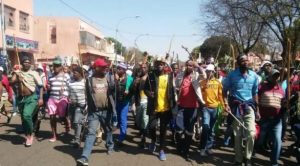
Thiam and former president Laurent Gbagbo have joined forces under a new opposition alliance to challenge Ouattara’s candidacy and advocate for the reinstatement of disqualified political contenders.
Gbagbo, along with his former ally Charles Blé Goudé and ex-Prime Minister Guillaume Soro, have been barred from contesting due to past criminal convictions. Their exclusion from the electoral roll has only heightened public anger and stirred suspicions of political manipulation ahead of the vote.
According to AFP, Thiam’s legal representative, Mathias Chichportich, said a UN human rights committee has called on Côte d’Ivoire to respect the opposition leader’s political rights and allow his participation in the election.
Although Ouattara’s decision to run again had been widely anticipated, its official confirmation has reopened deep political wounds. The country is still recovering from the post-election violence of 2010, which claimed over 3,000 lives.
Analysts warn that renewed political repression, coupled with growing public frustration, could plunge the country back into instability.
With only weeks left before the vote, demonstrators vow to keep resisting. “We are ready to resist peacefully but firmly,” said one protester in Abidjan. “Côte d’Ivoire belongs to all of us, not just one man.”
Ouattara’s fourth-term bid mirrors similar patterns seen across Africa, including that of Cameroonian President Paul Biya, who remains in office at age 92.
As political tensions escalate, observers are watching closely to see whether the Ivorian government will heed opposition demands or press forward with an increasingly volatile election season.


